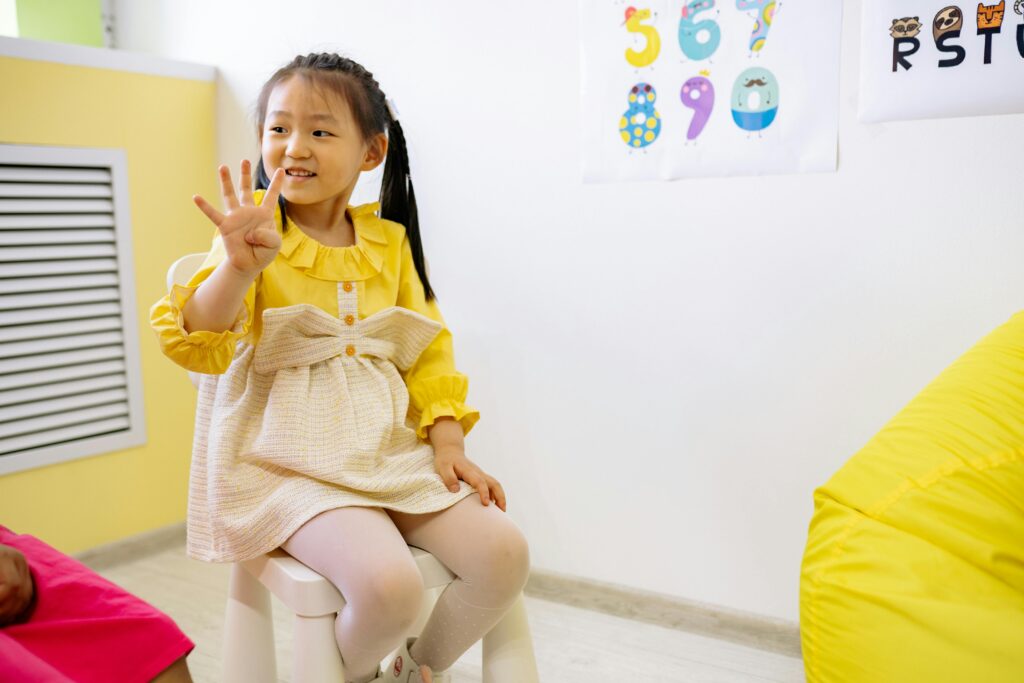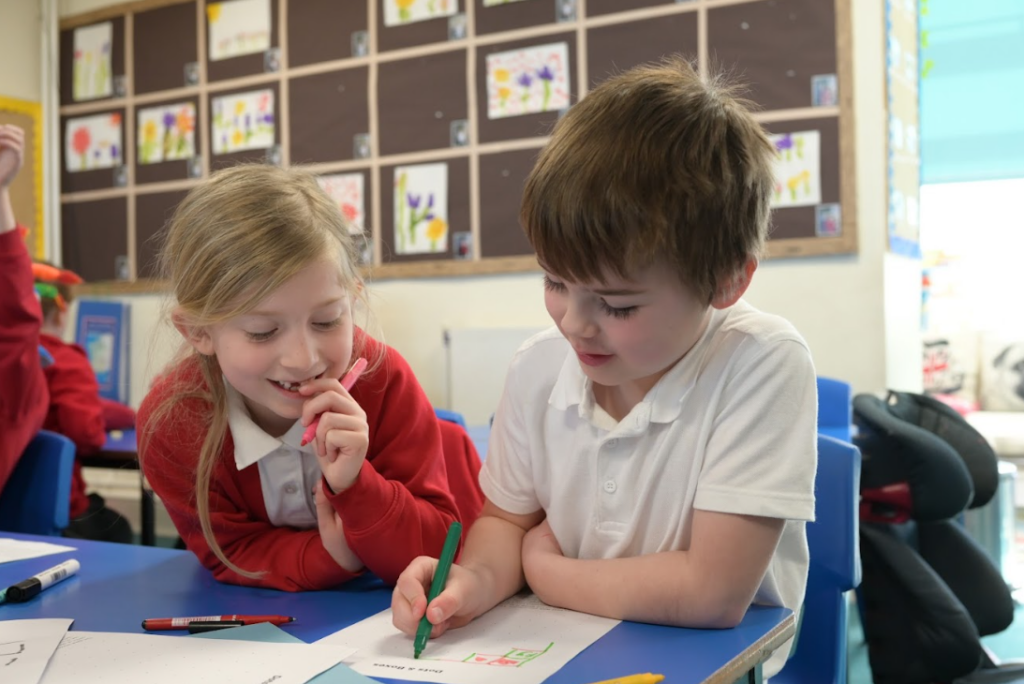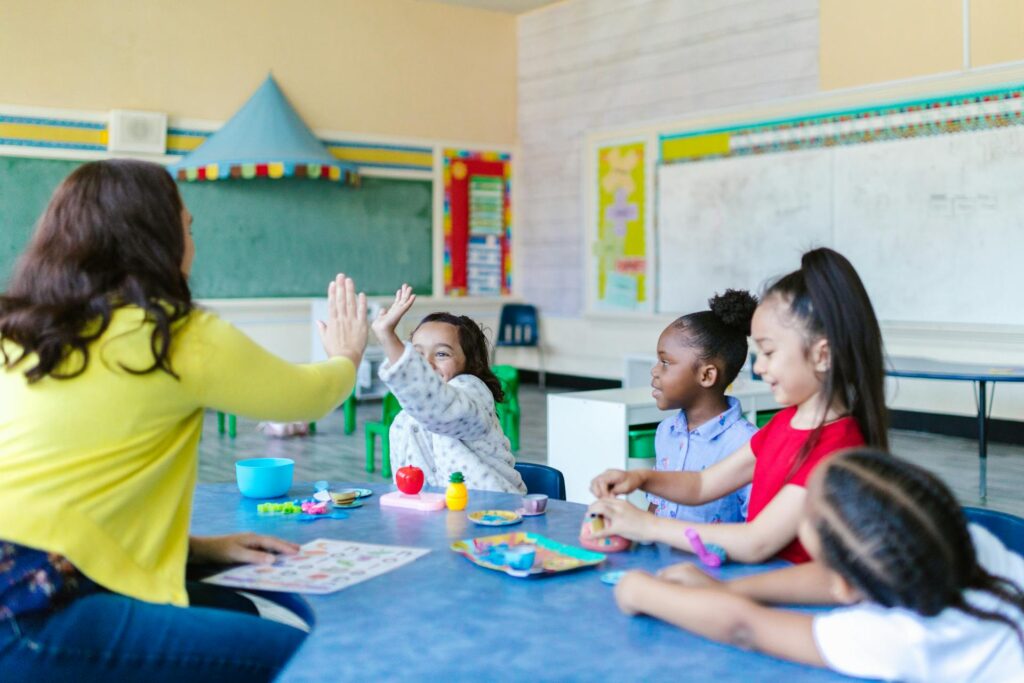Posts Tagged ‘achievement’
The National Year of Reading 2026
The National Year of Reading: why it matters and how schools can get involved In 2026, schools across the UK will be invited to take part in the National Year of Reading. This is part of a coordinated effort, led by the National Literacy Trust, to reignite reading for pleasure, strengthen literacy outcomes, and reconnect…
Read MoreA focus on fluency
What is Reading Fluency? There is often a misconception amongst pupils (and sometimes adults) that being a fluent reader means being a fast reader. Fluency involves the ability to read smoothly, accurately, and with expression. This will mean that the reader takes note of punctuation, phrases and clauses, along with how text is presented, to…
Read MoreMaths with Nursery Rhymes: A Guide for Early Years
Next week is World Nursery Rhyme Week – an annual event founded since 2013. The initiative highlights the importance of nursery rhymes in early childhood development, focusing on benefits like language, literacy, and motor skills. This year’s event takes place over five days from the 10th to the 14th November. Our fourth article in this series…
Read MoreMelody, Memory and Prosody: Tuning in to Nursery Rhymes
Next week is World Nursery Rhyme Week – an annual event founded since 2013. The initiative highlights the importance of nursery rhymes in early childhood development, focusing on benefits like language, literacy, and motor skills. This year’s event takes place over five days from the 10th to the 14th November. This second in our series…
Read MoreThe Power of Nursery Rhymes
Next week is World Nursery Rhyme Week – an annual event founded since 2013. The initiative highlights the importance of nursery rhymes in early childhood development, focusing on benefits like language, literacy, and motor skills. This year’s event takes place over five days from the 10th to the 14th November. This first in our series…
Read MoreTalk for maths – How can oracy support teaching for mastery?
How can teachers design lessons that spark curiosity and deep thinking? Do staff have a set of talk and reasoning tools that help pupils explain ideas, ask strong questions, and build confidence? This training session explores how to weave purposeful talk into everyday teaching using the OUP Talk for Maths Benchmarks. Teachers will learn clear…
Read MoreFoundational skills for early writing – building on firm foundations
This package helps Early Years leaders assess the core writing skills in their curriculum. It guides whole-team development and boosts educators’ ability to support children’s writing in both adult-led and child-led activities. The focus is on giving children rich chances to practise key skills—oral composition, mark-making, fine motor control, and handwriting—at the right time. Educators…
Read MoreEnsuring quality first teaching includes neurodiverse pupils
‘These sessions help teachers grow their knowledge and confidence to support neurodiverse pupils. Neurodiversity means that people think, learn, and process information in different ways. In this course, you will learn what it means to be neurodiverse and how this can shape a pupil’s experience in school. The sessions explore ways to make your classroom…
Read More







